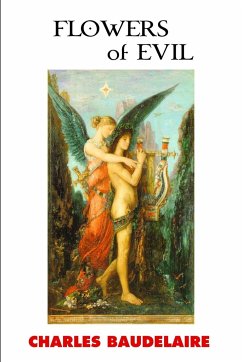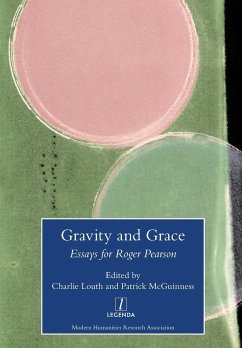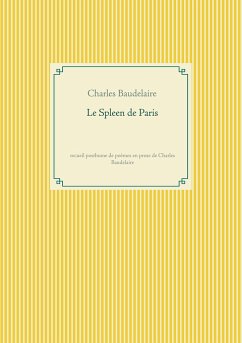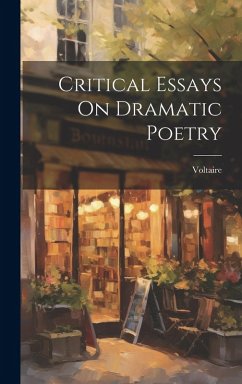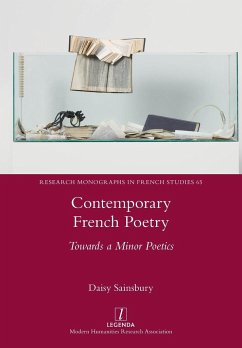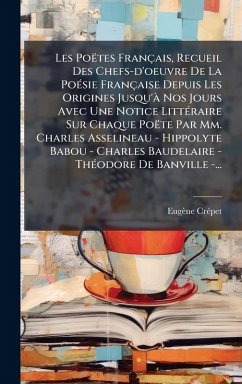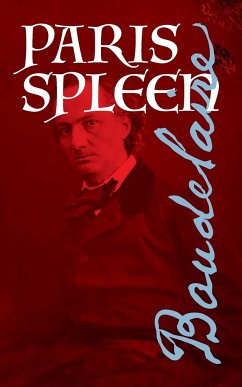
Paris Spleen
Versandkostenfrei!
Versandfertig in 1-2 Wochen
15,99 €
inkl. MwSt.
Weitere Ausgaben:

PAYBACK Punkte
8 °P sammeln!
In the 1850s, ancien and Haussmannian Paris clash, giving birth to a violent disjunction. At that moment in time, an other present is born, a new history, like Baudelaire's poet freely abandoning his halo on the macadam. The laurel crown has been discarded; the pastoral poet is dead; classical lyric poetry is dead. The steam-driven, gaslit, electrically-charged poet is born. "Retreat Academic Muse!," Baudelaire commands, "I don't care about that old stutterer." With Paris Spleen, we move toward a new rhythm, a rhythm born of the pace, speed, and reality of a metropolis hitherto never seen or e...
In the 1850s, ancien and Haussmannian Paris clash, giving birth to a violent disjunction. At that moment in time, an other present is born, a new history, like Baudelaire's poet freely abandoning his halo on the macadam. The laurel crown has been discarded; the pastoral poet is dead; classical lyric poetry is dead. The steam-driven, gaslit, electrically-charged poet is born. "Retreat Academic Muse!," Baudelaire commands, "I don't care about that old stutterer." With Paris Spleen, we move toward a new rhythm, a rhythm born of the pace, speed, and reality of a metropolis hitherto never seen or experienced. It is the rhythm of the street, of the swift-moving eye, of overloaded senses and hyper-perception, of newspapers and optical devices. Baudelaire's life spans the essential birth of whole new forms of technology, including steam locomotives, gas light, and electricity, not to speak of the typewriter and the Daguerreotype. The dandy sees and moves with the coming speed of light. His life is one lived in the midst of illumination, mechanics, and simulacra. Baudelaire's Paris is a place of experience, a metropolis that spawns unique and particular realities, a kaleidoscope of visions and mirror of alternative societies. The grist of his poems is not ancient Greece or the Renaissance. As he stated in the so-called preface to Paris Spleen, it is especially from frequenting great cities, from the crossroads of their innumerable relations, that the haunting ideal of the prose poem was born. Our flâneur wanders swiftly through crowds, in contact, but anonymous, extracting from the city material to forge his new ars poetica, like a bricolage artist. The future is called forth. The street is the new Olympus; the phantasmagoric city is a big harlot whose infernal charm continually rejuvenates the poet. The ironic, infernal beacon is the totem of the new age: the age of dissonance, the age of artificial paradises. "I love you, O infamous capital!" the poet exults. Here is Paris Spleen, an invitation to voyage, to have the entirety of Baudelaire's Paris enter into our flesh and for us to undergo contagion, if our spleens can handle it.





